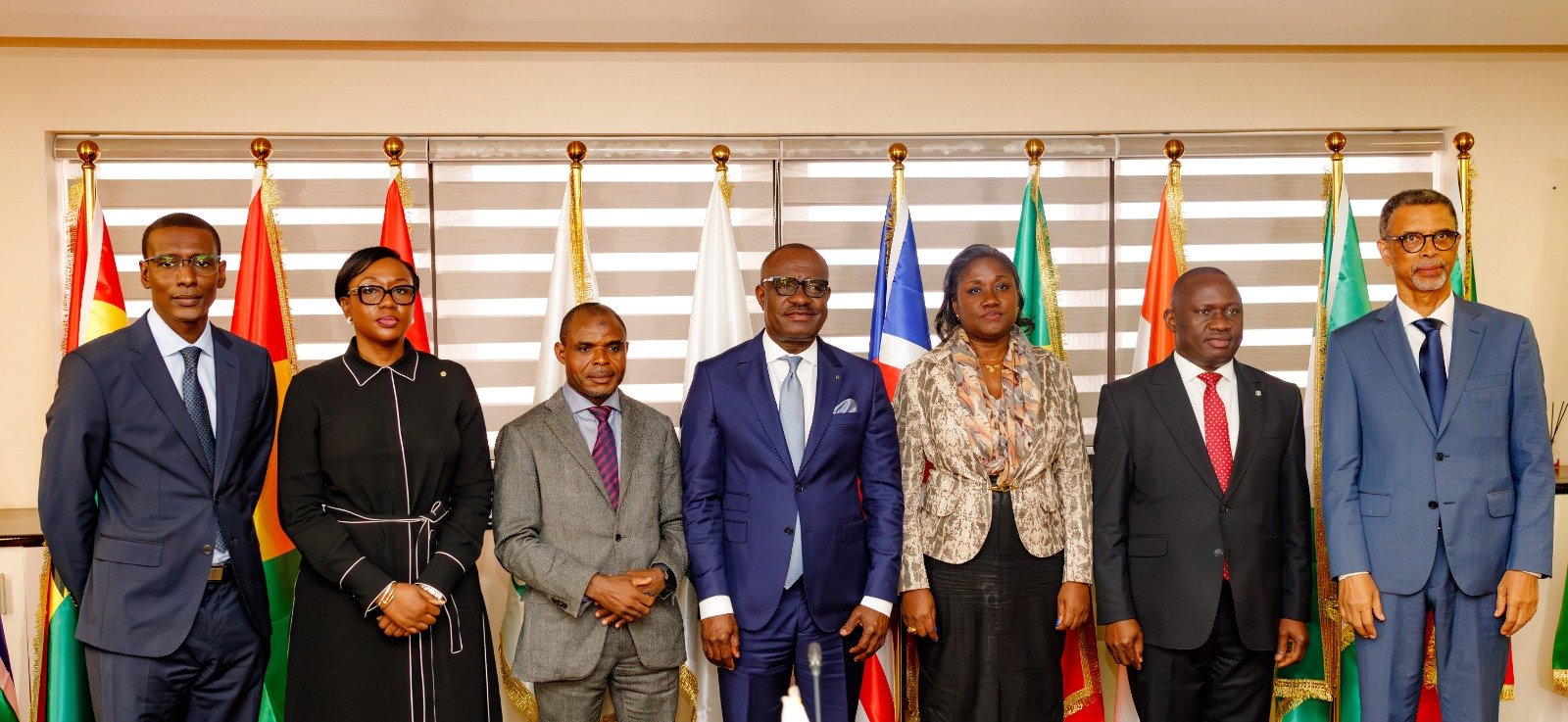
This article was produced with the support of ECOWAS Bank for Investment and Development
The ECOWAS Bank for Investment and Development (EBID) has announced the approval of more than USD 308 million in new financing to accelerate clean energy, industrial development and sustainable growth across West Africa. The decision was taken at the Bank’s 93rd Ordinary Session, held at its headquarters in Lomé, Togo, on 29 September 2025. The meeting was presided over by Dr George Agyekum Donkor, President and Chairman of the Board of Directors, who emphasised the Bank’s pivotal role in advancing inclusive growth and deepening regional integration.
Dr Donkor underlined that the newly sanctioned projects reflect EBID’s long-term mandate to strengthen economic diversification and stimulate sustainable development in the ECOWAS region. “Our focus is to provide catalytic financing that enables both public and private sector players to deliver transformative initiatives, building resilience and opportunity across the sub-region,” he said.
The funding package covers four strategic initiatives, spanning renewable energy, agribusiness, industrialisation and trade finance. Each project is designed to unlock new opportunities for economic activity while creating thousands of jobs, improving energy access, enhancing food security and supporting the region’s transition to more sustainable growth models.
Powering growth through energy and agriculture
One of the key facilities approved is a USD 40 million line of credit to Vista Bank Guinea, aimed at bolstering trade-related activities in the country. The funds will support import-export operations and strengthen commercial value chains, particularly in sectors critical to Guinea’s economic base. EBID estimates that approximately 105 enterprises will benefit directly, with significant spill-over effects across supply chains and local communities. The initiative is expected to generate and sustain several thousand direct and indirect jobs, contributing meaningfully to inclusive growth and helping to reduce unemployment, particularly among young people and women.
The largest single project approved during the session is the financing of a 50 MW Solar Photovoltaic Power Plant in Taraba State, Nigeria, with an allocation of USD 98.18 million. This project addresses one of the most pressing constraints to development in the region: access to reliable, affordable and clean electricity. By expanding Nigeria’s renewable energy capacity, the plant will contribute to reducing energy poverty, stimulating inclusive economic activity and promoting environmental sustainability. The project is forecast to provide direct electricity access to around 390,000 individuals, while also improving power reliability for at least 200 public institutions such as schools and hospitals. Beyond the social benefits, the project will create an estimated 400 direct jobs during the construction phase and around 50 permanent operational roles. In addition, between 1,200 and 1,500 indirect jobs are expected to be generated across supply chains, maintenance services and small businesses linked to the plant’s operations.
Agriculture and food security also feature prominently among EBID’s latest approvals. A total of USD 79.219 million has been allocated for the development of a modern rice processing complex and a 10,000-hectare irrigated rice production unit in Taraba State. Nigeria’s ambition to become self-sufficient in staple food production is given a further boost by this project, which aims to significantly enhance local rice output, reduce reliance on imports and improve value addition in the agricultural sector. By combining large-scale cultivation with modern processing facilities, the initiative is expected to strengthen food self-sufficiency, support smallholder farmers and create rural employment, while laying the foundation for a more resilient and competitive agro-industrial sector in Nigeria.
Industrialisation and regional impact
Closely linked to this is the financing of a new industrial park in Taraba State, valued at USD 91.232 million. The park has been conceived as a modern, integrated industrial ecosystem designed to accelerate local industrialisation and promote economic diversification. By attracting investment, nurturing entrepreneurship and enabling the clustering of industries, the facility is expected to stimulate manufacturing, create thousands of jobs and support the development of new value chains in the state. For Nigeria, which has long sought to diversify its economy beyond hydrocarbons, the industrial park represents a significant step towards building a more dynamic and competitive industrial base.
Taken together, the four projects demonstrate EBID’s holistic approach to development financing, with a strong emphasis on sustainable growth, private sector engagement and regional impact. They are also closely aligned with the United Nations Sustainable Development Goals (SDGs). The rice production and processing complex directly advances SDG 2 on Zero Hunger by boosting food security and reducing dependence on imports. The solar power plant supports SDG 7 on Affordable and Clean Energy, while also contributing to SDG 13 on Climate Action by reducing reliance on fossil fuels. The industrial park underpins SDG 9 on Industry, Innovation and Infrastructure, while the Vista Bank line of credit promotes SDG 8 on Decent Work and Economic Growth.
For Dr Donkor, these investments are more than just individual projects; they are part of a broader strategy to transform West Africa’s economic trajectory. “Each of these initiatives has been carefully designed to deliver measurable impact across multiple fronts – from reducing poverty and unemployment to addressing climate change and enhancing food security,” he noted. “By aligning our operations with the SDGs, we are ensuring that EBID’s work contributes not only to the prosperity of the region but also to the achievement of global development priorities.”
The financing approvals also reaffirm EBID’s growing role as a key development partner for ECOWAS member states. Since its creation, the Bank has played an instrumental role in funding projects that enhance integration, stimulate trade and improve livelihoods across the region. In recent years, EBID has increasingly prioritised projects with high sustainability credentials, reflecting the global shift towards climate-conscious development finance.
By targeting sectors such as renewable energy and agribusiness, the Bank is helping to address structural challenges that have historically held back the region’s economic transformation. Energy poverty remains a significant barrier to development, with millions of people across West Africa lacking access to reliable electricity. Similarly, food insecurity and dependence on imports continue to expose the region to external shocks, from fluctuating global commodity prices to supply chain disruptions. EBID’s latest approvals directly respond to these challenges by financing home-grown solutions that build resilience and strengthen regional self-sufficiency.
The focus on Taraba State in Nigeria is particularly noteworthy, as it reflects EBID’s commitment to supporting projects that can serve as models for replication across the region. By financing a solar power plant, a rice production complex and an industrial park within the same state, the Bank is creating synergies that could amplify impact and demonstrate how integrated investments can catalyse local transformation. The combination of clean energy, agricultural development and industrialisation is expected to generate a virtuous cycle of growth, job creation and improved living standards.
Looking ahead, EBID’s success will depend not only on its ability to mobilise financing but also on its capacity to ensure effective implementation and long-term sustainability of projects. The Bank’s emphasis on partnerships with both public and private sector actors will be critical in this regard, as will its continued alignment with regional and global development agendas.
As West Africa seeks to navigate the complex challenges of economic diversification, climate change and demographic growth, institutions like EBID are set to play an increasingly important role. The approval of USD 308.631 million at its latest board session underscores the Bank’s ambition to remain at the forefront of the region’s development journey. By investing in projects that combine economic, social and environmental benefits, EBID is helping to lay the foundations for a more prosperous, resilient and sustainable future for the ECOWAS region.

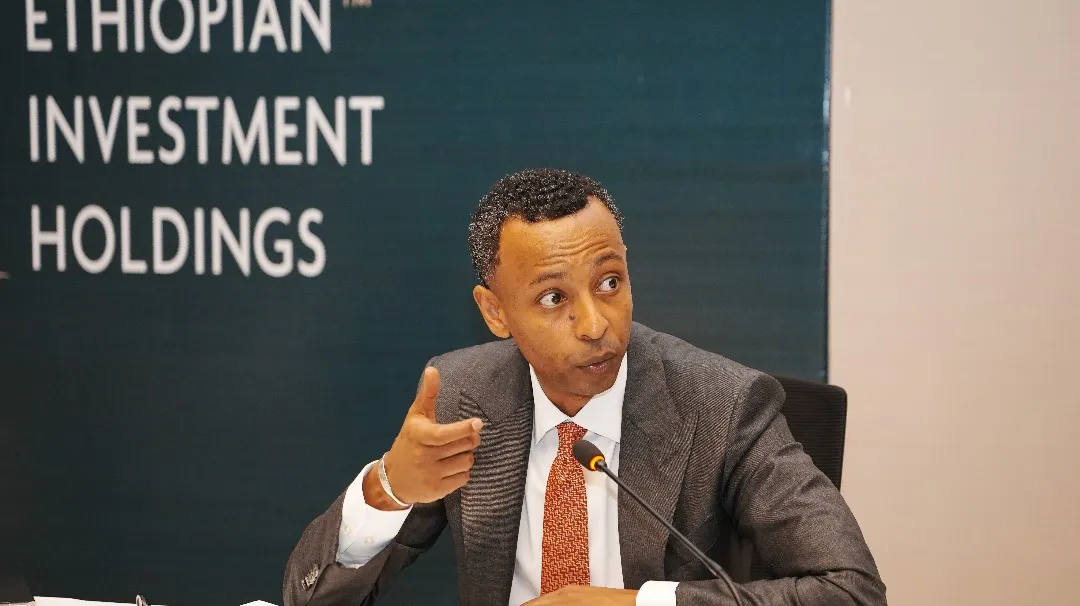
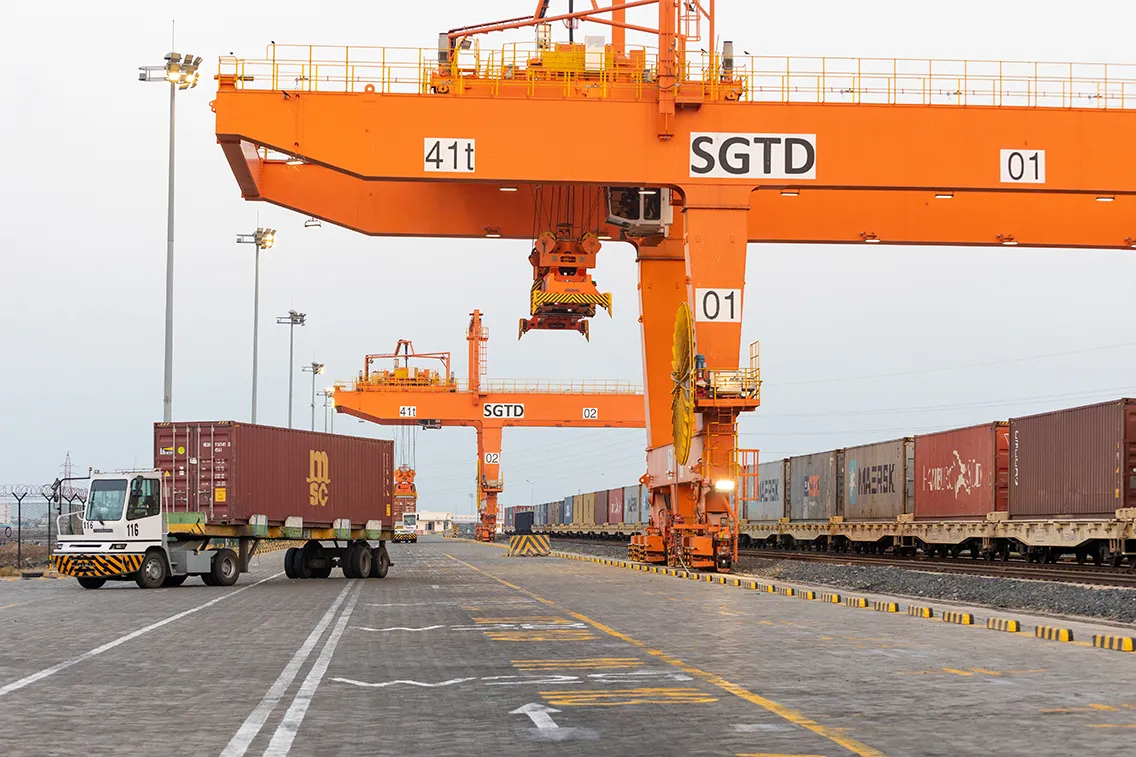
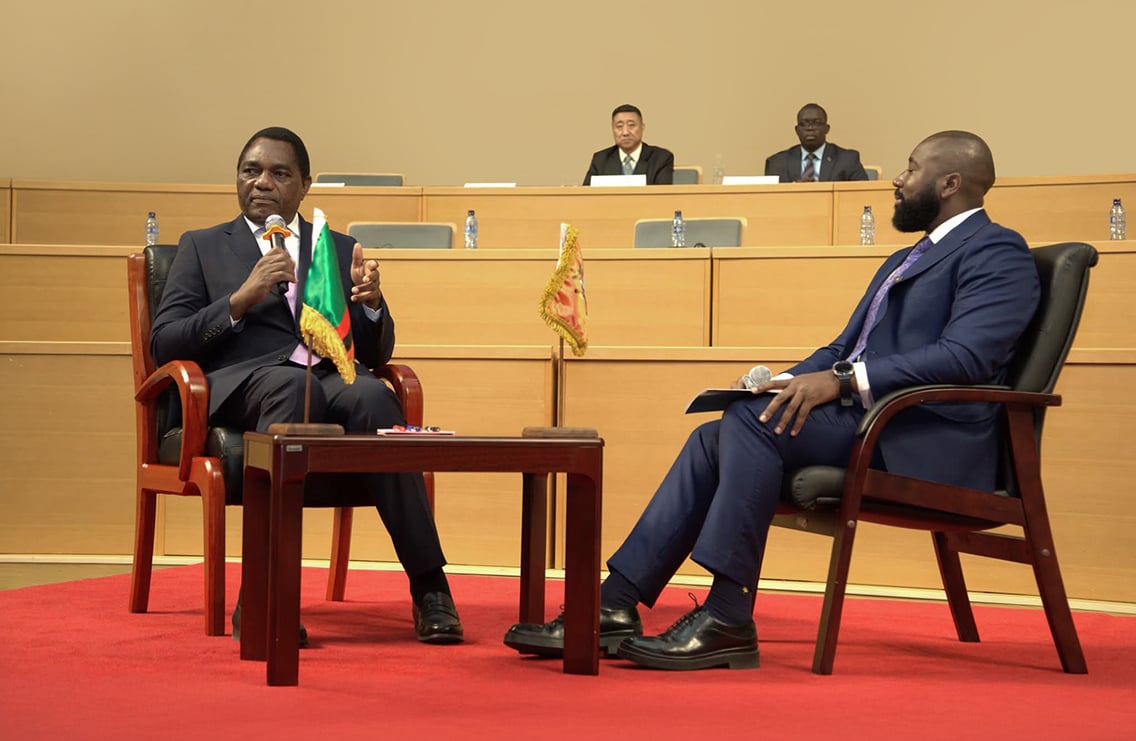
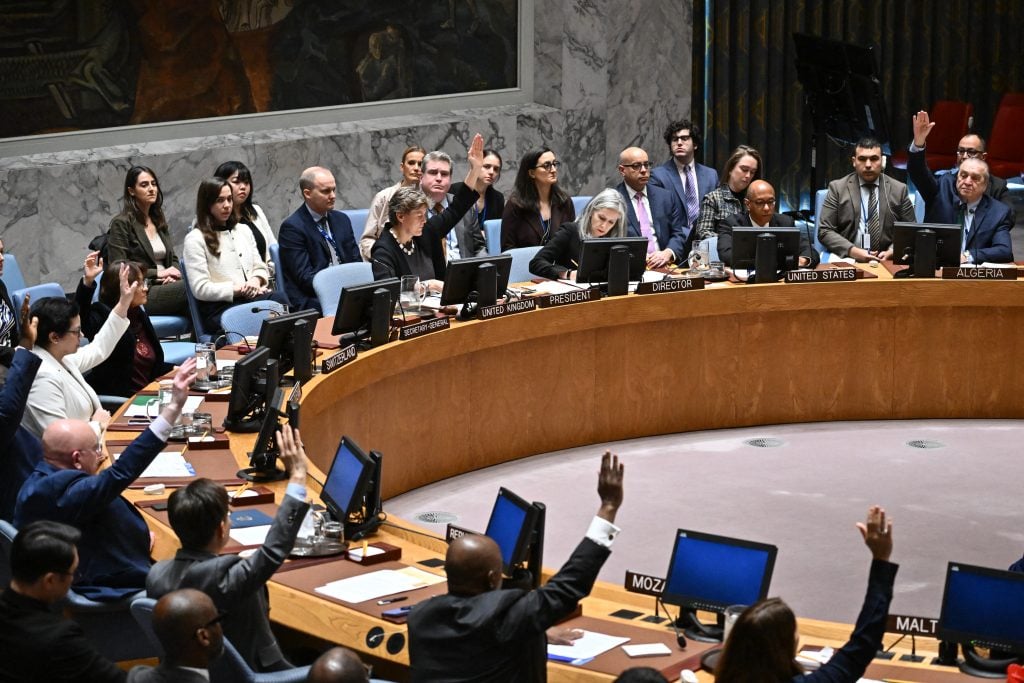

Recent Comments